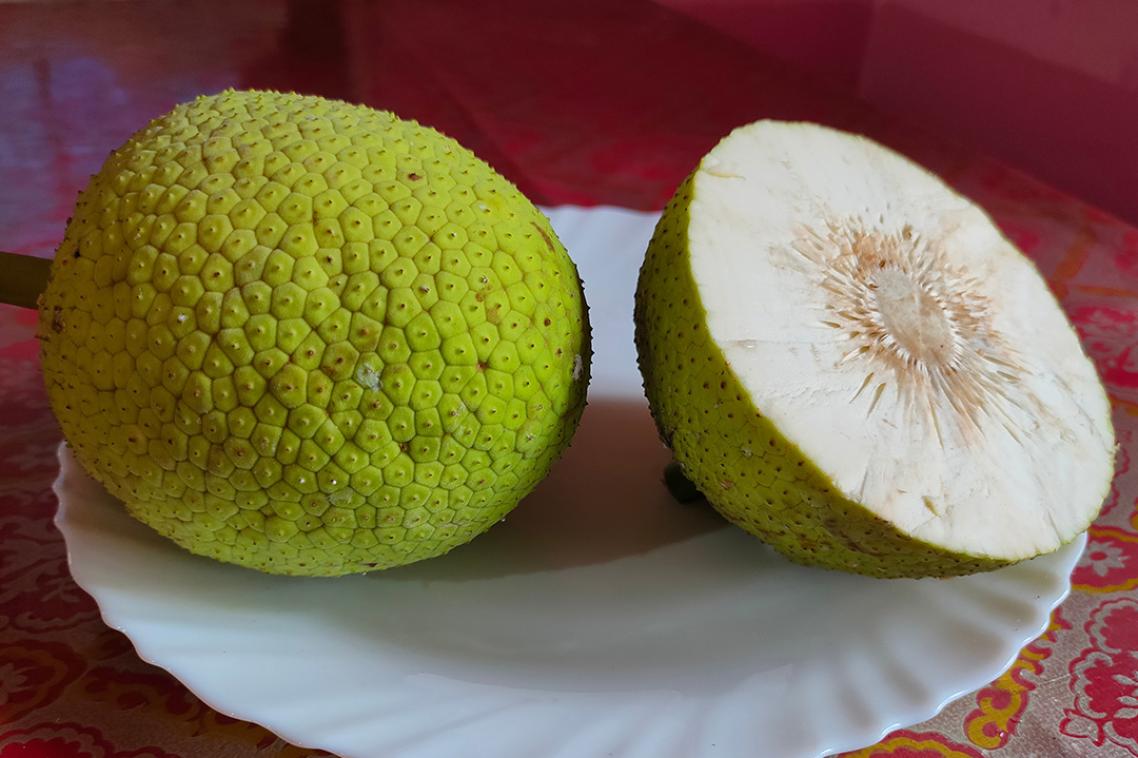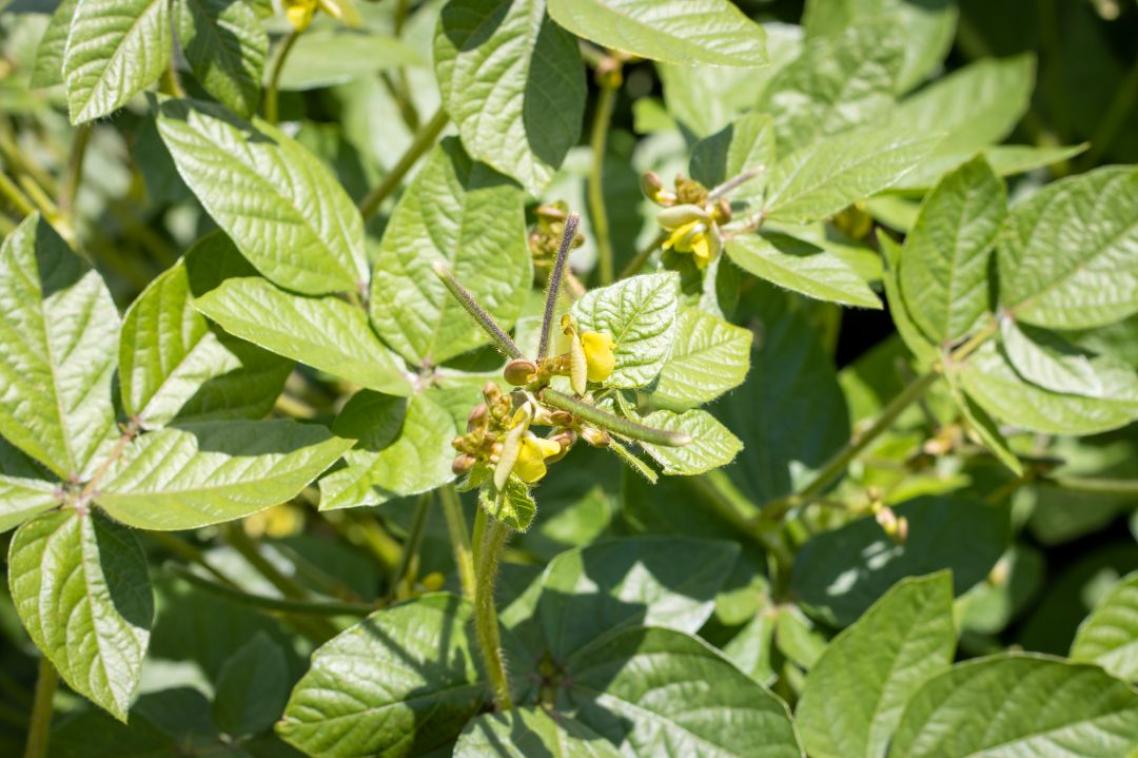Health goals bring Pacific breadfruit to UQ

Breadfruit is a starchy crop grown in the Pacific region.
(Photo credit: Cool to the mind/Adobe Stock )
Key points
- UQ and USP researchers will investigate the nutritional properties of breadfruit.
- Breadfruit is a climate resilient starchy crop that is traditionally boiled or roasted.
- In new products it could replace imported commodities which are causing a rise in health problems in the Pacific region.
A climate resilient crop that could improve health in the Pacific is the focus of a collaboration between scientists at The University of Queensland and the University of the South Pacific (USP).
Two researchers from USP have brought 5 varieties of breadfruit to UQ’s Queensland Alliance for Agriculture and Food Innovation to learn more about the traditional staple food.
USP Research Fellow Dr Rupantri Raju said breadfruit is extremely important in the region.
“It’s a starchy native crop widely eaten in rural communities either boiled or roasted, and its nutritional properties and climate resilience mean it has a great deal of potential,” Dr Raju said.
“But in Fiji there’s a growing dependence on imported commodities and a limited availability of native foods alongside a rise in health problems such as diabetes and heart disease.
“Breadfruit can be used in both savoury and sweet foods and could address some of these problems.
“We’ve come to QAAFI’s Centre for Nutrition and Food Sciences because we want to know more about the starch composition of breadfruit and how it can contribute to good health as a replacement for other starchy foods.
“We also suspect there is some nutritional value in the skin – which is rarely consumed – and the seeds, which are seen as a delicacy.
“Breadfruit could also be used as an ingredient in new food products.”

Breadfruit genotype samples ready for the research project at UQ.
(Photo credit: The University of Queensland)
UQ Early Career Research Fellow Dr Oladipupo Adiamo said it was rewarding to use the QAAFI team’s expertise on such an important staple.
“Our team has already worked extensively with a number of bushfoods native to Australia, and we can use this expertise for the breadfruit project,” Dr Adiamo said.
“We want to determine which of the 5 genotypes is best in terms of nutrients, and how traditional methods of processing affect the nutrients.”
He said the collaboration could be the start of a wider relationship between the universities.
“There are so many crops in Fiji that need more research and that’s why collaborating with UQ is a good way of moving things forward,” Dr Adiamo said.
“A lot of work is being done on kava and other varieties of root crop that are endemic to different parts of the Pacific but there is a lot of scope for further research,” Dr Raju said.
“We also hope to generate a food database for the nutritional composition of native foods to inform and design further research.”

L-R: Honours student Unaisi Tikoemoturiki from USP, UQ's Dr Oladipupo Adiamo and USP's Dr Rupantri Raju.
(Photo credit: The University of Queensland.)
Collaboration and acknowledgements
The project is funded by the Rockefeller Foundation through the American Heart Association under the Periodic Table of Food Initiative. The Queensland Alliance for Agriculture and Food Innovation is a research institute at The University of Queensland, established with and supported by the Department of Primary Industries.Topics
Related articles

Flowering discovery could lead to more reliable mungbean yields

Unlocking the sublime in native Australian citrus
Media contact
QAAFI Communications, Natalie MacGregor
n.macgregor@uq.edu.au
+61 409 135 651
